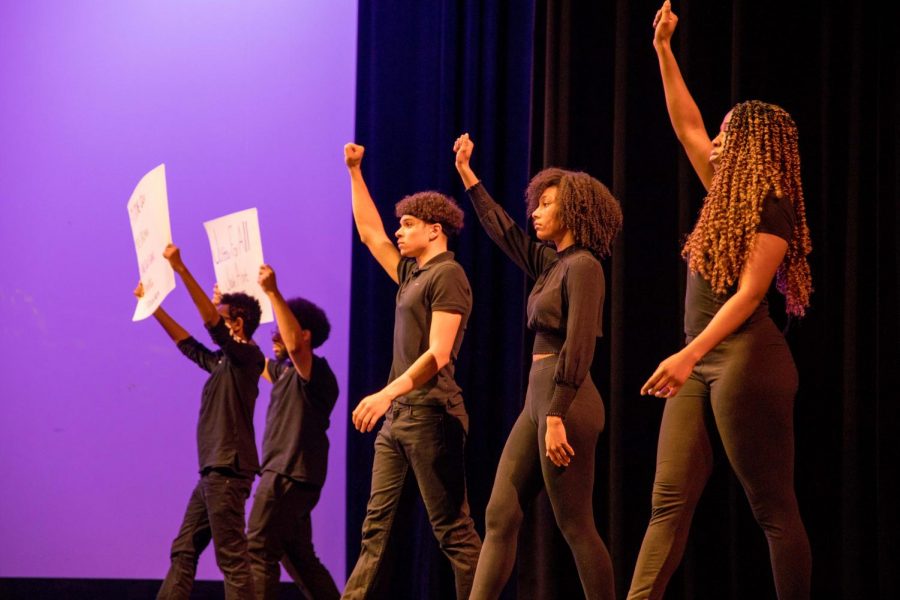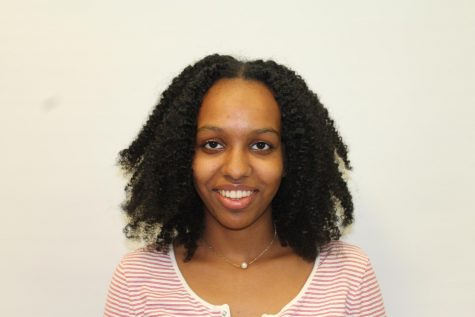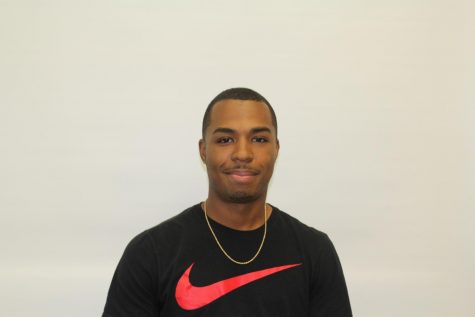BSU Bolsters the Black Experience
May 8, 2020
It is crucial to recognize the organization that serves to represent and promote black voices during Black History Month. February doesn’t just mean music by black artists streaming during passing period music or black literature on display in the library. Black History Month means acknowledging the black experience. Specifically, on a campus where black students make up a mere 6.6% of the population.
Black Student Union, commonly referred to as BSU, is an organization with chapters on high-school and college campuses across the nation. The purpose is to create a safe space for black students in predominately-white institutions. “BSU serves as a support system for black students who come from all over the city and usually have a hard time adapting to the culture shock that is Northside,” said BSU co-president and senior Shania Dorsey (Adv. 005).
“BSU has helped me find my identity at Northside and in life,” said BSU member and junior Niya Simmons (Adv. 103). “It has encouraged me to speak about important issues like racism.”
“I really appreciate that we have a group for our people at Northside,” said BSU member and sophomore Tailah Jeany (Adv. 205). “It’s very important for black people to be in tune with their culture and background.
It’s no coincidence the BSU Showcase is during Black History Month.
Every February, BSU puts together student-written pieces for a performance in front of the student body.
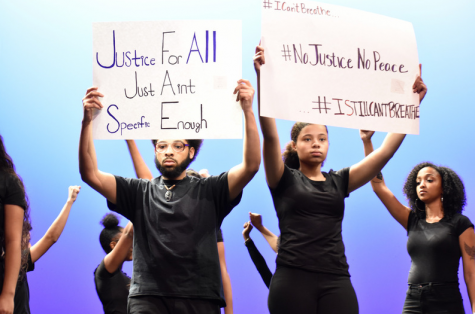
Letter to Your Flag, I’m Calling The Cops, and Black Girl Magic were notable poems performed by BSU on Wednesday, February 26th.
“Letter to Your Flag” was a poem performed by Naseeba Yunusa (Adv. 001), Wendy Martinez (Adv. 005), Niya Simmons (Adv. 103), Krishon Pinkins (Adv. 205), Tamara Carter (Adv. 009), Taiwo Oseni (Adv. 206), Shania Dorsey (Adv. 005), and Lorena Rainer (Adv. 002). Throughout the poem, the phrase “Indivisible with liberty and justice for who” was used as BSU gives many examples of the widespread racism and systemic injustices that black people face in America.
“Black Girl Magic” performed by Isseu Sow (Adv. 205), Tamara Carter (Adv. 009), Naseeba Yunusa (Adv. 001), Niya Simmons (Adv. 103), Arlyssia Kelly (Adv. 107), Shania Dorsey (Adv. 005), Aliya Gasper (Adv. 003), and Nia Mullin (Adv. 010) was a poem that showcased the magic it takes to exist as a black woman in America. Additionally, the struggles of being a successful black woman in a culture that tries to bring down black women every chance it gets.
The History of Black History Month
In February of 1915, Harvard graduate and historian Carter G. Woodson initiated the first celebration of Negro History Week which would eventually become Black History Month. Woodson’s purpose was to deepen the study and appreciation of black history. However, it was never his intention for the celebration to become an annual event; once it had served its purpose of incorporating black history into mainstream American history, Black History Month would no longer be needed because black history would be observed throughout the year.
Today, Black History Month is taught in classrooms across the country. Yet, students receive similar basic topics. The curriculum focuses on the civil rights era and slavery, but not Reconstruction or the Great Migration. Every year, the most famous black American names like Harriet Tubman, Martin Luther King, and Rosa Parks come up. By constricting black history to only contemporary celebrities or politicians, activists and organizers, who made a difference on a daily basis, are ignored.
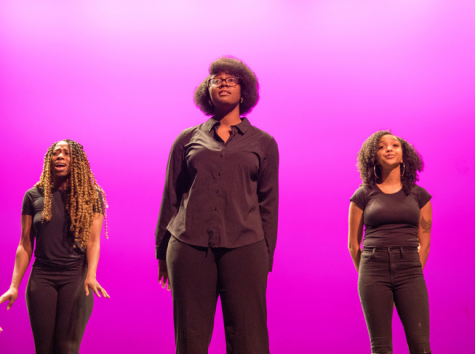
Lessons tend to focus on the oppression of black people and narrow the black experience to enduring racism. Ask an American student about Garrett Morgan, Lewis Latimer or Alexander Miles, and chances are they won’t know them; three black inventors that gave us the traffic light, carbon lightbulb filament, and automatic elevator door, respectively.
As we reflect on Black History Month, let us acknowledge the contributions black people have made to American society and listen to the experiences of those around us.

